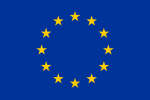Recruiting beneficiary: Delft University of Technology, The Netherlands
Internal supervisors: Dr. Johan Dubbeldam, Dr. Wim van Horssen
Brief project description: In this project, we will study differential equation models for self-organizing systems and use bifurcation theory to identify critical parameter regimes. Subsequently, we will build on existing minimal nonlinear models and extend the theory to include time dependence of the network topology, and apply the models to work from other work projects, in particular in modelling cancer and optimizing its treatment.
Updates: In cancer modelling, the specifics of the interactions between treatment, resistance and population dynamics, as well as the potentially multiple timescales involved, are poorly understood. Frederik is working on a general type of nonlinear planar affine control system, minimally coupling the population dynamics to a changing environment. The model can be used to determine the outcome of any proposed (optimal) treatment strategy and compare various interaction types. Viewed as a coarse-grained description of the underlying more heterogeneous cell dynamics, we can extend the model to include a larger variety of cell- and treatment types using regulatory networks.
Selected contributions:
Thomsen, F. J., Dubbeldam, J. L. A. (2024). Control and containment in a class of eco-evolutionary models of cancer chemotherapy. Under review, Journal of Mathematical Biology.
Thomsen, F. J. (2023, Januray 23). Global features in models of cancer therapy with time-varying treatment [Talk]. Oberseminar Dynamics, Munich, Germany.
Thomsen, F. J. (2023, September 4). Feasible outcomes in a class of eco-evolutionary models of cancer therapy [Talk]. Dynamics Days Europe 2023. Naples, Italy.



